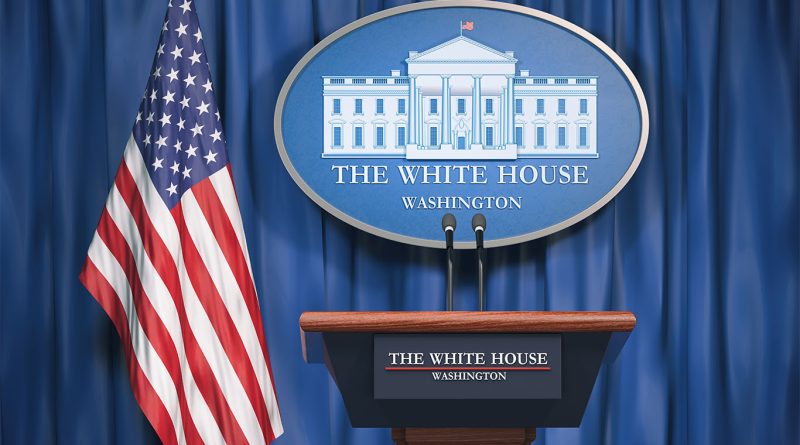The New White House Council On Supply Chain Resilience
The recent announcement by President Joe Biden about the establishment of the White House Council on Supply Chain Resilience marks a significant development in the United States’ approach to managing supply chain dynamics. This Council, co-chaired by the National Security Advisor and National Economic Advisor, and comprising numerous Cabinet members and senior agency officials, is a testament to the administration’s commitment to addressing the complexities of supply chain management.
Goals and Composition of the Council
The Council’s inception is rooted in the administration’s recognition of the critical role robust supply chains play in a thriving economy. According to the White House, the Council aims to support the resilience of America’s critical supply chains, thereby ensuring reliable product deliveries, strengthening agriculture and food systems, and supporting domestic job creation. The diverse composition of the Council, which includes key figures from various governmental departments, underscores the multifaceted approach the administration is adopting to tackle supply chain challenges.
Strategic Initiatives and Actions
Among the key actions announced is the utilization of the Defense Production Act to bolster domestic production of essential medicines and mitigate drug shortages. This move is indicative of the administration’s proactive stance on securing critical medical supplies. Furthermore, the introduction of new cross-governmental supply chain data-sharing capabilities signifies a strategic shift towards a more integrated and informed approach to supply chain management.
Investments and Long-Term Plans
The administration has also outlined significant investments in critical supply chains, including a $275 million grant for clean energy supply chains and a $196 million investment in domestic food supply chains. These investments are aimed at fostering economic opportunities and lowering costs for American families. Additionally, the Department of Defense’s publication of the National Defense Industrial Strategy and the launch of the quadrennial supply chain review by the Council reflect a long-term commitment to supply chain resilience.
Global Partnerships and Future Outlook
The White House’s approach extends beyond national borders, engaging international partners to strengthen global supply chains. Initiatives like the Indo-Pacific Economic Framework for Prosperity and the Americas Partnership for Economic Prosperity are examples of this global engagement, emphasizing the administration’s vision of a collaborative approach to supply chain resilience.
The White House Council on Supply Chain Resilience represents a significant shift in the U.S. government’s approach to managing supply chain challenges. While it is a move that has garnered both support and criticism, the Council’s initiatives and strategic partnerships signal a comprehensive effort to fortify national and global supply chains. As the Council progresses, its impact on economic stability and the resilience of critical sectors will be a subject of keen interest and analysis.
